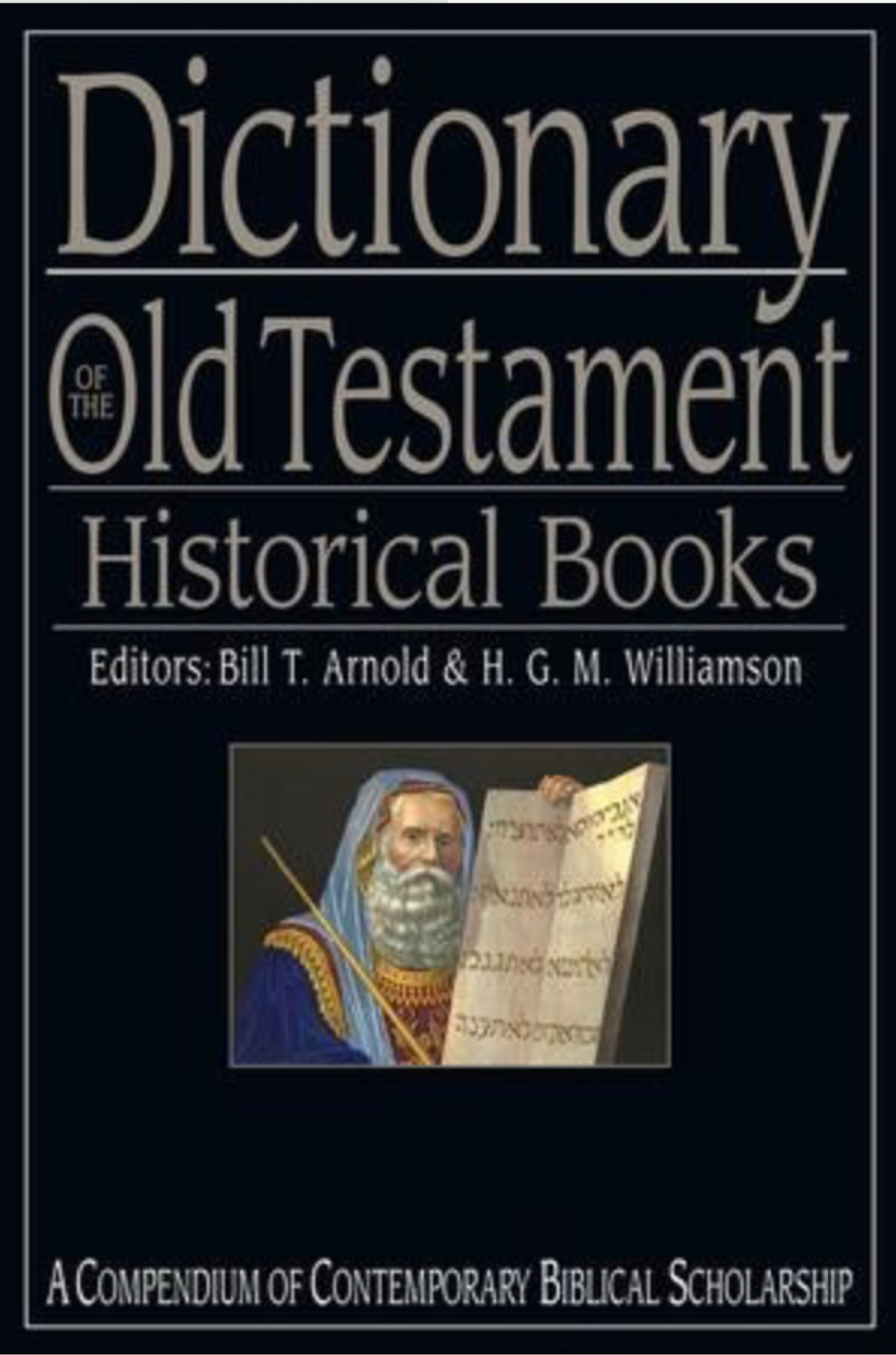DICTIONARY OF THE OLD TESTAMENT HISTORICAL BOOKS
Summary of “Dictionary of the Old Testament: Historical Books”
The “Dictionary of the Old Testament: Historical Books”, edited by Bill T. Arnold and H.G.M. Williamson, is a comprehensive reference work that provides historical, theological, and literary insights into the historical books of the Old Testament. These books include Joshua, Judges, Ruth, Samuel, Kings, Chronicles, Ezra, Nehemiah, and Esther, covering Israel’s history from the conquest of Canaan to the post-exilic period.
⸻
1. Purpose and Structure of the Dictionary
• This dictionary is part of the IVP Bible Dictionary Series, designed to offer in-depth analysis and academic discussion of biblical texts.
• It provides detailed entries on key historical figures, events, cultural settings, theological themes, and archaeological findings related to the Old Testament historical books.
• The book includes bibliographies and cross-references to guide further study.
⸻
2. Key Themes Covered in the Dictionary
a) Historical and Literary Background
• The book discusses the historical reliability of Old Testament narratives, addressing debates about whether these texts reflect actual historical events or theological interpretations.
• It explores how biblical history was recorded and its relationship with ancient Near Eastern historical records.
b) Key Figures and Events
• Detailed analyses of significant biblical figures such as Joshua, Samuel, David, Solomon, and the kings of Israel and Judah.
• Studies on key events like the conquest of Canaan, the rise and fall of the monarchy, the Babylonian exile, and the restoration under Persian rule.
c) Theological Themes
• Covenant and Kingship: Examines how the Davidic covenant and Israel’s monarchy shape biblical theology.
• Divine Judgment and Exile: Discusses the theological implications of Israel’s disobedience, exile, and restoration.
• Prophetic Writings and Historical Books: Explores how prophets like Samuel, Nathan, and Elijah influence the narratives.
d) Archaeology and Cultural Context
• The book integrates archaeological discoveries that provide insights into ancient Israelite society, warfare, religious practices, and daily life.
• It compares biblical accounts with ancient inscriptions and external historical sources.
⸻
3. Importance of the Dictionary
• Bridges biblical scholarship and theology, making it useful for students, pastors, and scholars.
• Engages with scholarly debates on the historicity of the biblical narratives, providing different viewpoints.
• Enhances understanding of the Old Testament’s historical context, deepening interpretations of Israel’s past and its religious traditions.
⸻
Conclusion
The “Dictionary of the Old Testament: Historical Books” is a valuable academic resource that provides a thorough exploration of biblical history, theology, and archaeology. It serves as an essential tool for those studying the historical books of the Old Testament and their significance in the development of Israel’s religious and national identity.
